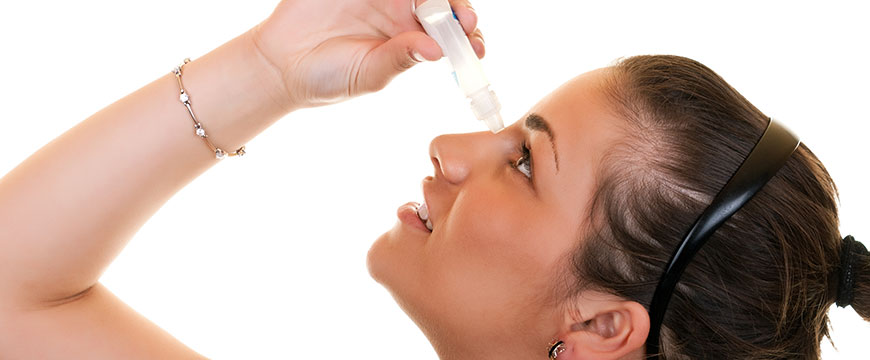
You can have allergy shots regularly and it is generally given over the course of three to five years to reduce or stop allergy attacks. Allergy shots are an excellent form of treatment known as immunotherapy. Each shot has a small number of certain substances that trigger allergic reactions. These are known as allergens and they contain enough allergens that can stimulate your immune system, but it is not enough to cause an unbearable allergic reaction.
Even if allergen immunotherapy involves the typical administration of increasing allergen doses gradually over a certain period, immunotherapy can be given as injections or tablets.
In case you want to visit an allergy specialist doctor for allergy desensitization you can learn more about it here.
Oral Immunotherapy Treatment (OIT)
Desensitization treats peanut allergies, tree nut allergies, milk allergies, and other food allergies. The process will require patients to consume different allergen doses. Initially, food should be consumed under an allergist’s supervision. After this, patients must eat fixed amounts of the allergen until they reach a maintenance dose.
With the completion of OIT, individuals have to maintain the consumption of periodic doses of certain foods to ensure that there is ongoing desensitization. Normally, successful patients would have reduced the chances of allergic reactions. With the approval of an allergy doctor, it could even be possible to reintroduce it into your diet.
Risks
Most people do not experience a lot of trouble when they get allergy shots. However, they contain substances that cause allergies – so there can be possible reactions, which can include:
- Systemic reactions – These are less common, but are more serious. You could develop sneezing, hives, or nasal congestion. Other severe reactions can include wheezing, throat swelling, or chest tightness.
- Local reactions – This can involve redness, irritation, or swelling at the injection site. Normally, these common reactions start within a few hours after the injection and they clear up soon after that.
- Anaphylaxis – Life-threatening reaction to allergy shots. It causes low blood pressure and trouble breathing. Most of the time, anaphylaxis starts within 30 minutes after injection, but they sometimes start at a later time.
If you will get allergy shots weekly or monthly, you are less likely to have a serious reaction.
When you take an antihistamine before an allergy shot, it reduces the risk of a reaction, mainly a local reaction. You should check with your doctor to find out if this is recommended.
Immunotherapy
It is similar to oral immunotherapy treatment, but with the use of allergy shots, seasonal allergies are less common and you will no longer be affected by indoor triggers or insect bites. Allergy shots can be used to treat pollen allergies, mold, dust mites, pet dander, and bee stings by giving small allergen doses via injection. When you administer incremental doses of the allergen, your immune system will become desensitized to its existence in your body.
Even if immunotherapy requires periodic visits to the allergy clinic, treatments will offer more benefits to patients. An individual can reduce their dependency on medication, and the immune system will get used to its presence in the system.
Where the Shots Should be Given
This kind of treatment must be supervised by a physician in a facility with the right staff and equipment to treat and identify adverse reactions to injections. The idea is that immunotherapy should be given at the allergy clinic. In case it is not possible, the allergist or immunologist should give the supervising physician clear instructions about the treatments of allergy shots.
You can check an allergy center Germantown MD if you need allergy desensitization.






